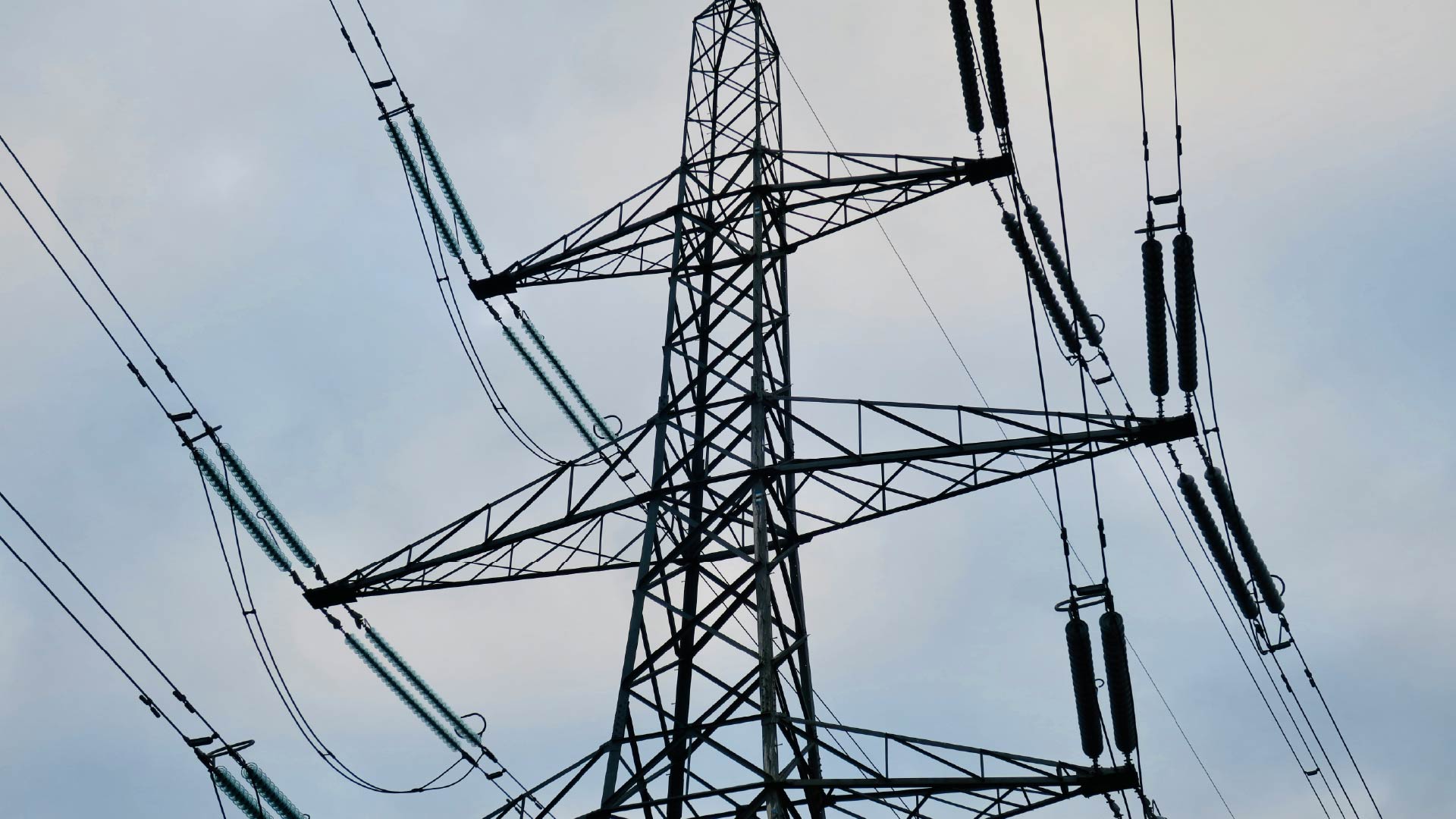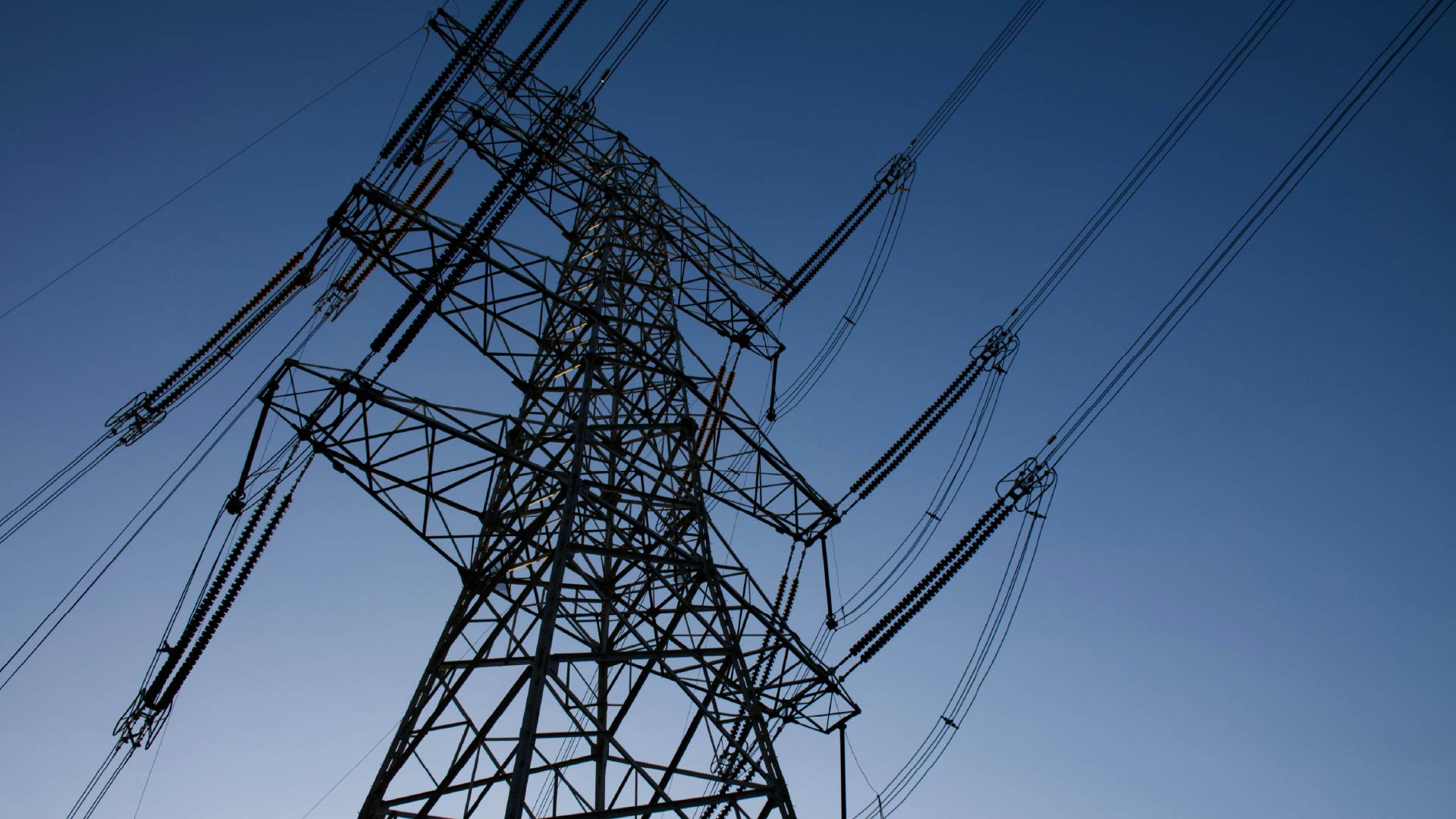Siemens Launches Free Decarbonization Tool For SMEs
Siemens has launched a free decarbonization tool for SMEs, empowering smaller businesses to tackle their carbon footprints and support larger clients in achieving net zero targets.
The operation of buildings is a key area for decarbonization to help businesses achieve net zero targets and optimize energy efficiency. Though facing the same challenges and urgency as their larger peers, small and medium enterprises (SMEs) often struggle more with decarbonization due to a lack of specialist personnel, and a lack of budget to invest in data collection and management.
To support these firms, Siemens has introduced its Decarbonization Business Optimizer (DBO). This free, cloud-based tool was created by Siemens Financial Services (SFS) to aid US-based SMEs that are struggling to navigate the often-daunting path towards decarbonization.
The DBO aggregates data from multiple sources, such as the US Environmental Protection Agency (EPA) and the US Department of Energy (DOE). This allows SMEs to estimate their carbon footprints and explore a collection of tailored decarbonization scenarios based on their specific site characteristics. This is achieved by having users’ upload site-specific geographic data instead of using broad national averages.
Siemens is following in the footsteps of Schneider Electric, which launched its Building Decarbonization Calculator – providing similar insights – in late September. Unlike the previous offering, however, Siemens’s DBO is free to access. This allows more SMEs to engage with sustainability practices without the burden of upfront costs. Further, as more SMEs adopt tools like the DBO, the collective knowledge base expands, benefitting the entire market.
The use of localized data to inform SMEs’ decarbonization efforts can facilitate more meaningful results through a granular understanding of energy use patterns, thereby tailoring interventions that are not just theoretically sound but also practically viable. For example, a manufacturing SME in the US Midwest can implement energy efficiency measures that are specifically suited to its operational context, rather than relying on generalized recommendations that may not apply to its unique circumstances.
The motivations behind Siemens and Schneider Electric’s new tools are likely manifold: they aid in decarbonizing the supply chain, provide their bigger clients with a tool to engage their own suppliers, and – in Siemens’s case – create a supply of new clients for Siemens Financial Services to pitch relevant financing products.
For more information on supply chain decarbonization, please read Verdantix Smart Innovators: Supply Chain Carbon Management.
About The Author

Isobel McPartlin
Analyst





